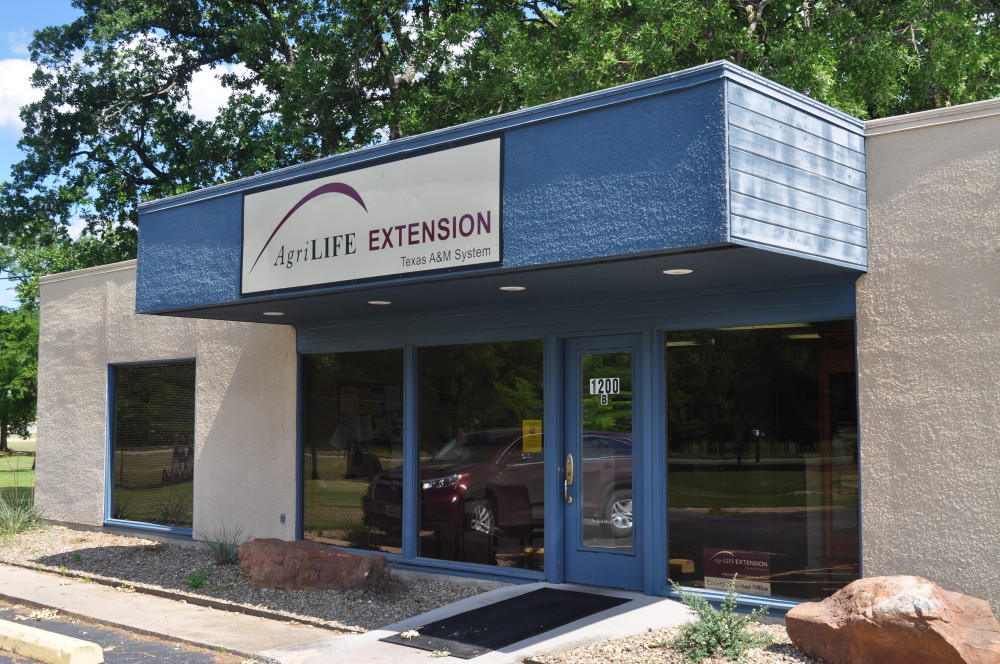By: Bob Suson, Hopkins County Master Gardener
The change into summer brings with it a change in gardening tasks for the month of July. Gardening activities usually slow- down in the summertime as the temperature continues to climb into the 90’s or above. July is often a very dry month, and like most years, can be very hot too. So, we usually don’t start a lot of new garden projects. However, there are always maintenance chores to do and we should consider starting the “Fall” vegetable garden right now.
Most gardeners are harvesting spring planted vegetables that have reached the peak of their maturity for maximum nutrition and quality. It is time to harvest vegetables regularly from your garden to keep it productive. Letting squash get too large will cause production to diminish greatly.
Start preparing for the Fall garden in July. It may seem odd to start now, but you need to get plants started in time for harvest before first freeze. Plant vegetables that your family likes. Examine existing plants that might carry through to Fall. Tomatoes often are not replanted, but if they are covered with spider mites (they’re often bad this time of year) seriously consider replanting this month. You’ll need to pamper new transplants a little to get them started, but they’ll be ready for a great harvest in October when quality will be high!
Do not plant the same vegetable type in the same spot year after year. Soil borne diseases will build up and eventually cause major problems. Add compost or other organic matter and composted manure, cotton seed meal or other fertilizers to the garden spot before tilling. If you thought plant growth was poor this spring, check the pH of your garden soil before adding nutrients and add lime if needed. (You may pick up a soil sample bag and mailing sheet at the Texas AgriLife Extension Office – 1200 Houston Street).
Plants that can be transplanted in July include tomatoes, eggplant and peppers. Crops that can be started from seed this month include lima beans, cantaloupes, black-eyed peas, pumpkin, summer squash, winter squash and watermelon. Plant varieties with the shortest days to harvest. The Extension Office also has planting guides giving you dates and varieties good for our area.
Drip irrigation, combined with mulch, is an excellent way to maintain high quality vegetable plants throughout the summer. Drip systems are easy to install and require less water than sprinkler or furrow irrigation. Usually drip systems need to be operated frequently to adequately supply water to the plants root zone. (how often depends on soil type and drip system). Frequently check emitters for clogging.
Have fun!
Source: www.aggie-horticulture.tamu.edu/vegetables






